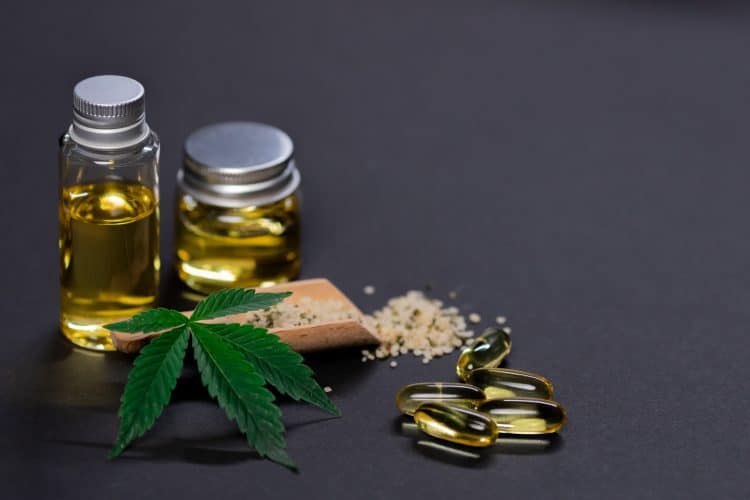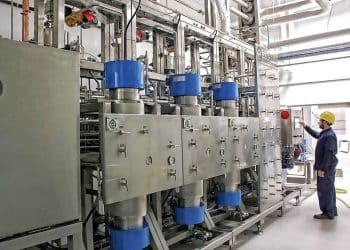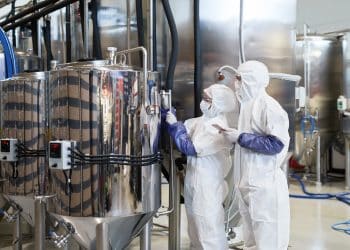Fast centrifugal partition chromatography (FCPC) is a system where natural, biological, or synthetic molecules are extracted, separated, and purified. It is a liquid/liquid preparation and industrial chromatography technique. It is regarded to be highly cost-effective and an alternative to purification techniques, such as high-performance liquid chromatography (HPLC) or flash chromatography.
This system functions on the principle of liquid/liquid partition chromatography where two incompatible liquid phases are mixed and separated numerous times. The relative proportions of solute (substances dissolved in solution) passing into each of the two phases are determined by the individual partition factors. One of the solutions provides the stationary phase, while the other solution contains the molecules of interest to be separated. The instrumentation contains multiple cells where the interactions between the two phases occurs, each cell being used in succession.
Isolating active components from natural products is often complicated by the chemical complexity of plant extracts, however, advances in separation sciences, like the FCPC, have better enabled these separations.
The advantages of FCPC include high purities (up to 99.9%) and quantities, no costs involved for packing material, no losses of samples and 100% recovery, no degradation of fragile/labile molecules, and low solvent use (10-25% less). The natural product industry has used the Safe-by-Design (SbD) method for many years to decrease product toxicity, especially since natural products and their chemistries are a key component in the discovery of new drugs and medication. SbD principles seek to address safety issues during R&D and design phases of novel technologies.
It has been reported that irreversible adsorption on solid support could result in severe losses of valuable materials, chemical reaction of the substrates with solid-phase adsorbents, and isolation of artifacts. For example, solutes binding to alumina and silica supports can limit recoveries to 70-90%. FCPC, by comparison, can result in 90+% recoveries.
FCPC enhances phase separation and can provide a new tool in the field of separation science. FCPC is based on liquid/liquid partitioning and is a scalable alternative to avoid problems associated with solid-phase adsorbents while preserving the chemical integrity of mixtures that have been separated.











